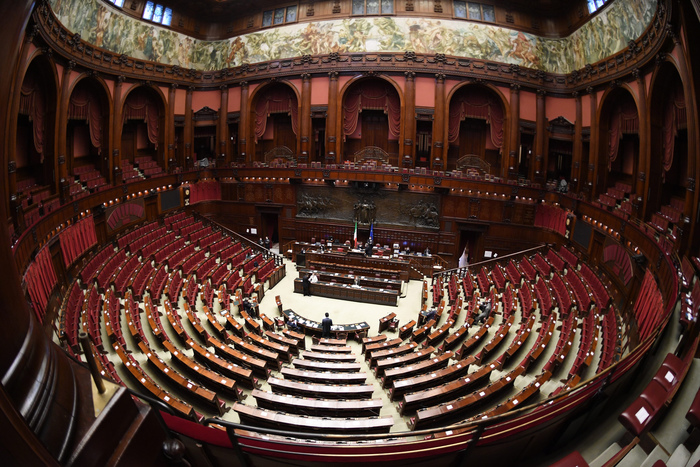(ANSA) - ROME, MARCH 28 - Expressly indicate the measurable objectives of each mission but also the intermediate targets;
define the times, methods and costs of the reforms required by the EU;
assess the needs of new staff also considering the cost when fully operational when the European funds will run out;
provide more information on governance;
use a criterion for the allocation of resources between areas that allows to exceed 34% of resources for the South. These are some of the 16 requests contained in the non-definitive drafting of the report of the Chamber's Budget Commission on Recovery which highlights the critical issues to be overcome of the old plan.
If the evaluation of the text of the guidelines of the National Recovery and Resilience Plan is "overall positive", the report of the commission does not hide the fact that there are critical issues linked above all to the need to enrich many data.
"The components that appear within each mission should detail the investments and related reforms, as well as the expected contribution, the related milestones, objectives and timelines and their funding and cost, as well as set milestones and final targets and a time schedule that will reflect the progress made ".
But despite this "less than 30% of the 48 intervention lines of the plan defines a precisely quantified objective, such as the number of beneficiaries to add, of buildings to be restored or plants to be installed. Furthermore, only 20% of the intervention lines outlines the timescales within which it intends to achieve its objectives and only in 6 cases out of 498 are intermediate objectives set with the relative timescales ".
This does not concern only the recovery plan projects, but also the reforms that the EU commission is so beating about, on which "the available information does not yet appear exhaustive", in particular on the costs of implementation which have generic indications.
There is also a clear fear that part of the resources do not finance investments but current expenditure (which cannot exceed 30%), a point on which an explicit distribution is requested.
A "survey of the actual needs of new personnel connected to the implementation of the Plan in the various sectors, the cost of which, being of a current nature, does not appear to be financed when fully implemented" is requested.
There are also three transversal priorities - young people, gender equality, the South and territorial rebalancing - on which it is asked to introduce "indicators aimed at measuring the main aspects, in particular on the quality of gender".
The application of a different criterion for allocating resources between areas is then suggested, which takes into account population, per capita GDP and unemployment rate, "significantly exceeding the 34% share of investments in the South", a way to reduce inequalities.
One of the specific requests also concerns the earthquake areas, providing for additional resources.
For an "efficient allocation of resources", the "need for a simplification of the bureaucratic requirements essential for the allocation of funds" is highlighted, also through the provision of direct forms of negotiation with local authorities.
Yes, because the local authorities and especially the municipalities - which are asked to also involve in the modification of governance - "represent the main public investors, as well as the main recipients of the efficiency and regeneration policies, social and territorial cohesion identified by the plan".
The report template is full of evaluations and suggestions.
It is made up of 66 pages, with an initial part showing the 16 general requests, and about 46 pages packed with information collected by the various commissions of the Chamber and inserted with the formula "evaluate if".
Among these, many are detailed and others collect the requests made during the examination of the various economic measures, such as that of extending the 110% super bonus on energy efficiency of buildings to 2023.
Among the many proposals - from healthcare to transport, from digitization to the Public Administration - there is also that of "rethinking the role of general practitioners, also through their training course" or the request to "focus resources for safety and digital monitoring of roads, viaducts and bridges ".
The text will now be examined by the Budget Committee of the Chamber and at the same time, with a different report, the document of the Senate Budget Committee will also be finalized.
They will be voted on Tuesday in the commission to spend Wednesday in the courtroom at Montecitorio and between Wednesday and Thursday at Palazzo Madama.
The ball will then pass back to the government.
The final deadline to start the plan is April 30th.









